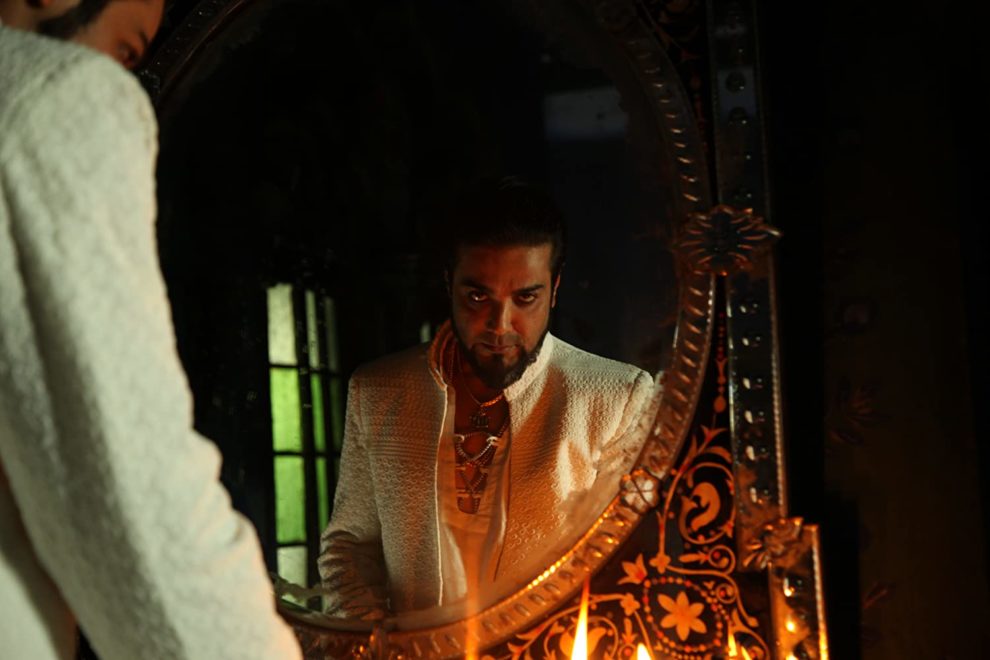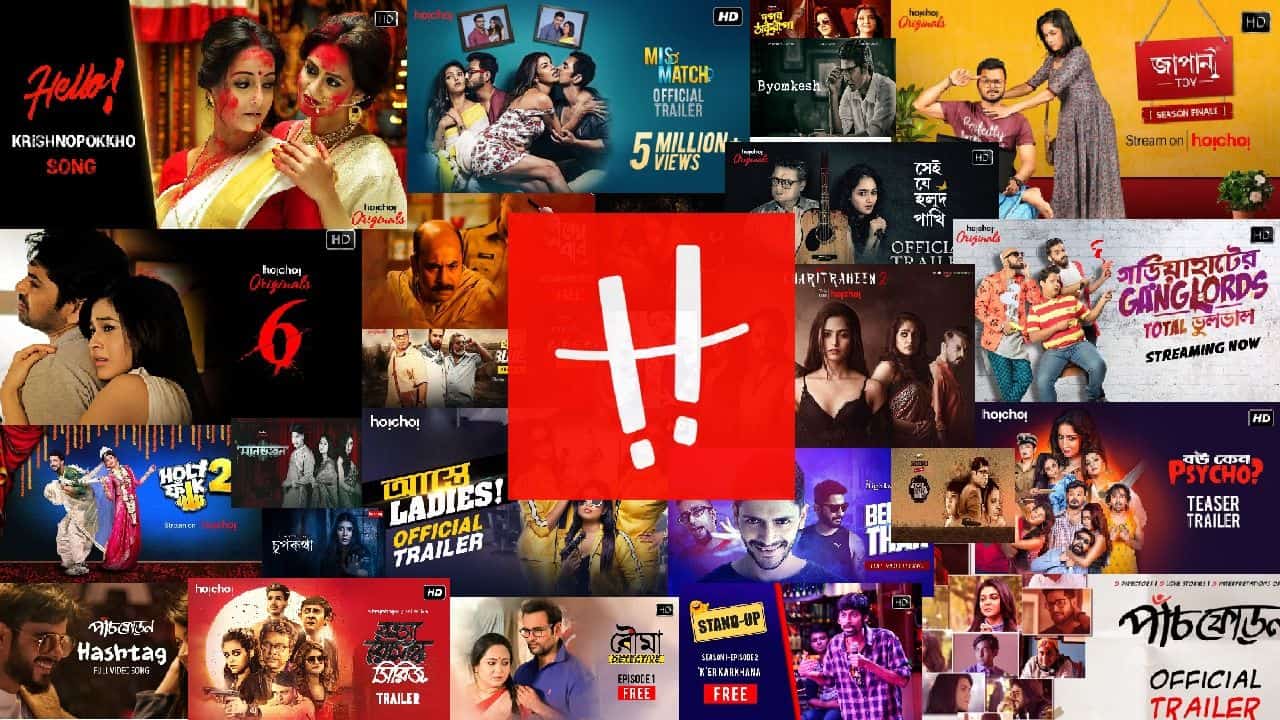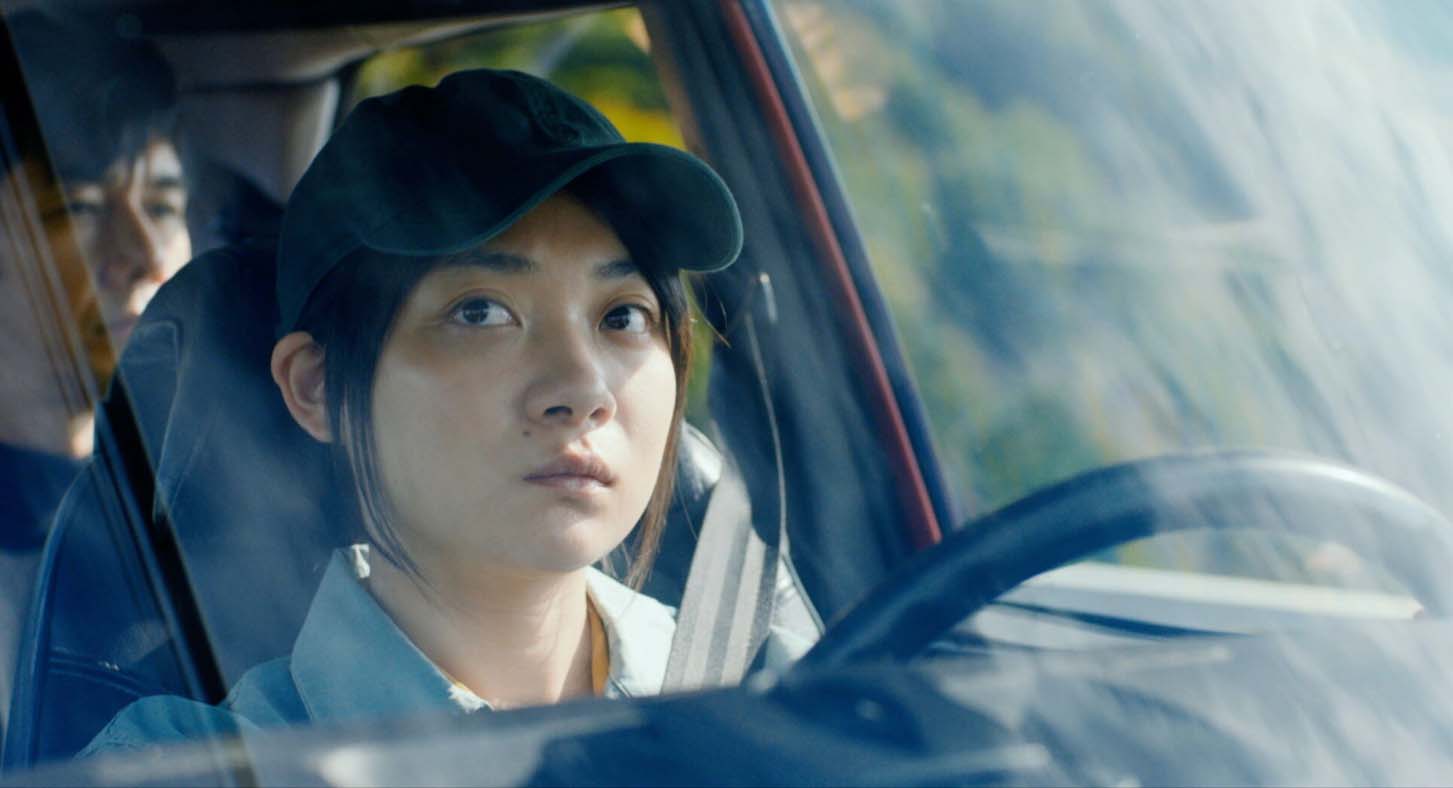Taking two Shakespearean tragedies (“Julius Caesar” and “Anthony and Cleopatra”) and trying to adapt them into an action thriller that takes place in modern day West Bengal is not exactly an easy task, but Srijit Mukherjee decided to tackle exactly that. The result, although commercially successful, was also subjected to controversy, for stereotyping Muslims as criminals, in a case that eventually involved even the Chief Minister of West Bengal, Mamata Banerjee.
The labyrinthal case begins as a narration from Laltu Das, the chief of police, who is “briefing” his successor about the situation in the area. As the intricate tentacles of the local mafia unfold, his story reaches the Syndicate, a powerful organization that oversees most of the criminal activity in the area, starting from the handling of coolies and the disassembly of ships to money laundering and smuggling, and a number of other activities. As the persona of Zulfigar as the leader of the group emerges, so do a number of machinations and the unspoken rule of the city's underworld that wants anyone that reaches too high above the rest to be murdered.
Through all these explanations, a number of additional members are also presented. Basheer Khan, a nationalist and Zulfigar's best friend. Tony Braganza, the one who handles the financial issues of the organization, and his mute best friend, Markaz Ali, a brawler who is considered the best fighter in the area, with the two also functioning as Zulfigar's bodyguards and closest associates. However, Zulfigar, who is married to Karishma Ahmed, a junkie that has completely lost control of her life, also retains an extramarital relationship with Rani Talapatra, a money-lender with whom Markaz is also in love, with the woman also having feelings for him but preferring the power and money her relationship with Zulfi brings her. Kashinath is the shady “leader of the opposition” in the Syndicate, who does not like Zulfigar's rise of power at all. Customs Officer Kaushik Sinha, Port Trust Officer Tribhuban Gupta and Laltu himself conclude the main members of the group.
When a member suggests that they take a huge sum for allowing some Jihadists to hide in the area, tension mounts between the members, although Zulfigar and Basheer Khan's unwillingness to do so, eventually wins the argument. It is there, though, that the schism starts, as Kashinath convinces the latter that his best friend actually schemed behind his back to allow the Jihadists in city. Soon war erupts, while another player, Akhtar, Zulfigar's nephew, eventually emerges…
The most obvious error Srijit Mukherjee does in the narrative is having too many things going on at the same time. The vast plethora of characters, the many events and incidents along with the obvious and the underlying sentiments that shape their relationships, and the political implications would be better suited to a series of many episodes, since even at 138 minutes, Mukherjee does not have the time to explore everything properly. The result is a number of characters that seem to be there just to progress the story, a number of decisions and events looking unjustified or rushed and the narrative inevitably losing its structure. Add to all these that Mukherjee wanted to include an MMA scene, a shootout on a boat, a motorcycle race, chasing in the narrow streets, a number of scenes with public speeches, and a number of ones that look like music videos (featuring the full songs no less) and you have the backbone of the hyperbole that dominates the movie.
The aforementioned however, do not mean that “Zulfigar” is without merits. The plethora of protagonists, for example, allows Mukherjee to use Zulfigar more as a permeating presence that affects everything that happens around him than just as a character among many, in an approach that works excellently for the narrative and benefits the most by Proesnjit Chatterjee's performance, who highlights the coolness of the character in the most entertaining way possible. The overall casting is also excellent. Parambrata Chatterjee as Tony is the main source of comedy, particularly through his interactions with Markaz Ali, whom Dev also portrays quite convincingly, maybe with the exception of the musical sequence with his relationship with Rani. Jisshu Sengupta as Kashinath makes for a great villain and Kaushik Sen steals the show with both his imposing voice and his overall dramatic presentation of Basheer Khan, with the exception of his metastrophe, which is abrupt and somewhat non-convincing, although this is a fault of the writing and not of his acting.
Furthermore, there a number of scenes that show Mukherjee's technical prowess, and highlight his direction and editing (along Anindya Chattopadhyay) and Soumik Haldar's impressive cinematography. The Guy Richie-like cuts and sudden zoom-ins that introduce the characters, the scene in the club Rani runs, the various chasing scenes, the one where Kashinath meets Basheer Khan, the murder, and the ones where the latter's guilt and Karishma's drugged deliriousness materialize into dreams are truly a spectacle to behold and actually carry the movie for much of its duration. The action scenes that take place in the narrow streets of the area are well presented through handheld cameras, both the ones that take place in the day and the ones at night. The more ambitious ones however, particularly those that demand the use of many extras could benefit from a bigger budget, since their Hollywood-like aesthetics demand corresponding sums not available here.
“Zulfigar” is not a bad film, and is quite entertaining at times through its crime/action thriller approach. However, Mukherjee tried to do too many things in a single movie, which resulted in a narrative that frequently seems like a collage of ideas randomly put together instead of a compact, concise one. The general idea(s) is not bad, but better fit to a series and definitely in need of a bigger budget.
















